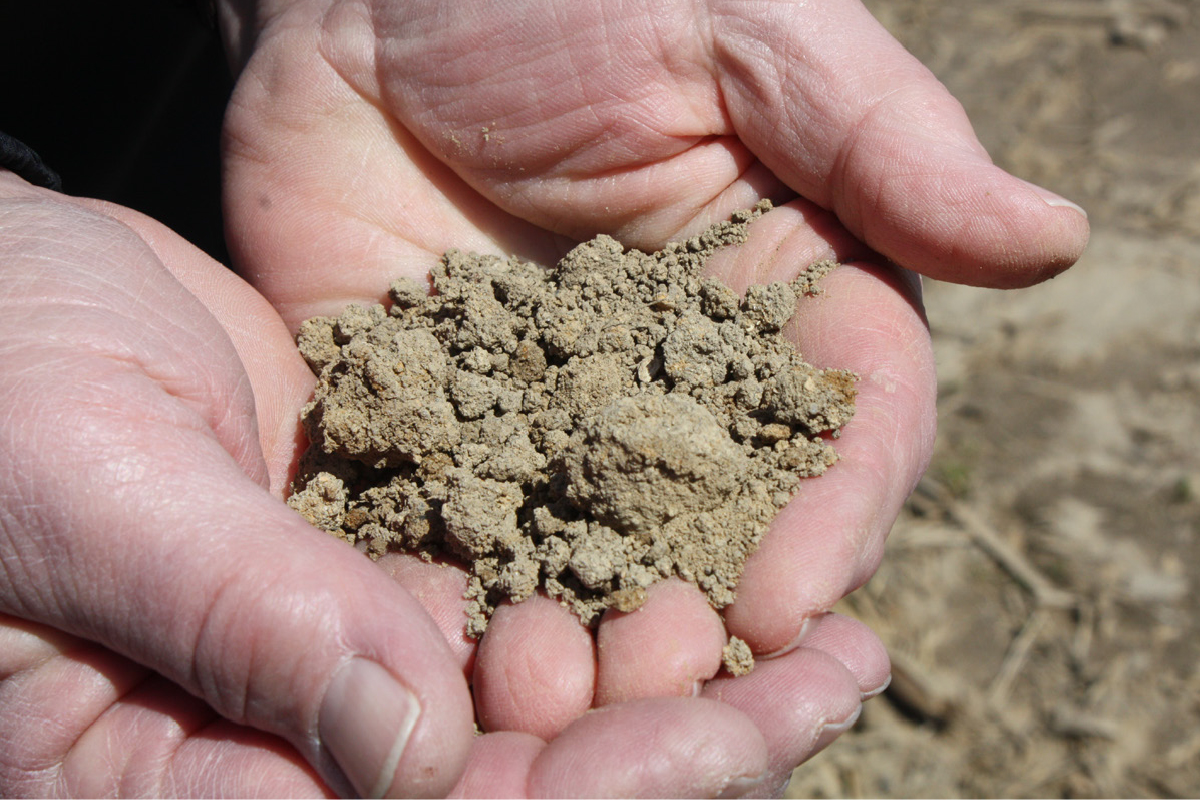By Tim Rendall, ISA Domestic Markets Manager
The importance of sustainability in the agri-food supply chain and the need for better alignment between corporate strategy and farmers
Society is at a critical inflection point. Driven by the challenges associated with climate change, environmental degradation, and social equity, global corporations increasingly prioritize sustainability as a core component of their business strategies. Across various industries, companies are making ambitious sustainability commitments focused on reducing their environmental footprint, enhancing their social responsibility, and ensuring long-term business viability. This global shift in corporate strategy to combat these sustainability challenges is particularly crucial within the agri-food system. We face the dual challenges of providing food and nutrition security for a growing global population while enhancing positive environmental outcomes. As agri-food companies embark on their sustainability journeys, it is imperative to align their strategies with the realities faced by farmers, who are the frontline stewards of the land and play a pivotal role in the success of sustainability initiatives.
Corporate Sustainability: Driving Business Decisions
Sustainability has become a central pillar of modern business strategy. Companies are recognizing that sustainability practices are not just about protecting the environment or donating to charity; they are also about protecting and ensuring long-term business viability, mitigating risk, and future-proofing organizations. As a result, the past five years have seen a significant shift in corporate sustainability as Corporate Social Responsibility (CSR) teams have evolved both in name and scope. Environmental, Social, and Governance (ESG) is the latest evolution of corporate sustainability, and there are some distinct shifts compared to previous strategies. ESG is a data-driven approach focused on creating a measurable impact on key significant areas of sustainability. The clearest example would be companies’ goals to reduce greenhouse gas emissions by 2050.
Farmers and Sustainability: A Relationship Centuries in the Making
Although corporate sustainability efforts are gaining momentum, it is important to recognize that farmers have long been at the forefront of sustainability. For generations, farmers have understood the importance of maintaining healthy soils, conserving water, and protecting biodiversity. These practices are essential not only for the environment but also for the long-term health and profitability of their farms.
Over the years, farmers have gained access to a growing number of tools and technologies to further enhance their on-farm sustainability. Precision agriculture combines data and technology to optimize the use of farming inputs (water, fertilizer, chemistries) to reduce waste and costs while mitigating environmental impact. Conservation tillage practices minimize soil disturbance, preventing soil erosion, improving water retention, and increasing soil health. Integrating cover crops into existing cropping rotations supports biodiversity, increases soil health, sequesters carbon, and improves the water infiltration properties of the soil.
Despite the progress made related to tools and technologies to improve on-farm sustainability, farmers still face significant challenges in adopting more sustainable practices. These production system changes often occur with significant additional costs, such as the need for additional inputs and increased time and labor. Farmers often operate within tight profit margins, and implementing a production system change is inherently risky. There is generally limited market incentive for them to adopt sustainability practices, as the market premium associated with increased sustainable on-farm practices does not always support the additional costs. This makes it increasingly difficult for farmers to invest in sustainability without the necessary support from the rest of the supply chain.
Connecting Corporate Sustainability Strategy with Farmers’ Realities
The growing emphasis on sustainability in corporate strategy presents an opportunity to create a strong synergy between agri-food companies and farmers to meet sustainability goals. However, achieving this alignment requires a deep understanding of the realities faced by farmers and a commitment to supporting their sustainability efforts.
Farmers as Key Stakeholders
What’s decided in a boardroom does not always make sense in the field. A key constraint in aligning corporate sustainability goals with farmers’ practices is the disconnect between high-level objectives and on-the-ground realities. Farmers are key stakeholders in the agri-food system, and they play a pivotal role in the sustainability of the supply chain. Although companies set ambitious targets for reducing their environmental footprint, farmers will not be able to implement the proposed changes without the right support and incentives. To ensure targets and goals are well-aligned in the design and ideation phase, it is imperative farmers are directly engaged in developing the strategy. This will ensure the strategy is designed with farmers’ needs in mind and that companies adequately invest in these programs to support sustainable agriculture. Examples include providing adequate financial incentives, underwriting and mitigating risks, providing technical assistance/support, and securing market access for sustainably produced goods.
Corporate sustainability goals are driving business decisions and shaping the future of the industry, so it is essential to ensure that these goals are grounded in the realities faced by farmers. The success of a corporate sustainability effort depends on strong partnerships with those farmers at the heart of agricultural production. By bridging the gaps between corporate sustainability strategy and farm-level realities, sustainability teams can create a situation where both businesses and farmers together create a thriving and prosperous tomorrow. By working together, companies and farmers can create a more sustainable and resilient food system that benefits everyone—from the farm to the table.

Recent Articles
In this issue of Illinois Field & Bean Magazine, we're uncovering the top trends for agriculture in 2026.
By
Take a look at this year’s Soybean Summit agenda, which includes topics such as global trade impacts, the future of biodiesel, conservation strategies and what’s next for farm policy.
By IL Field & Bean Team

